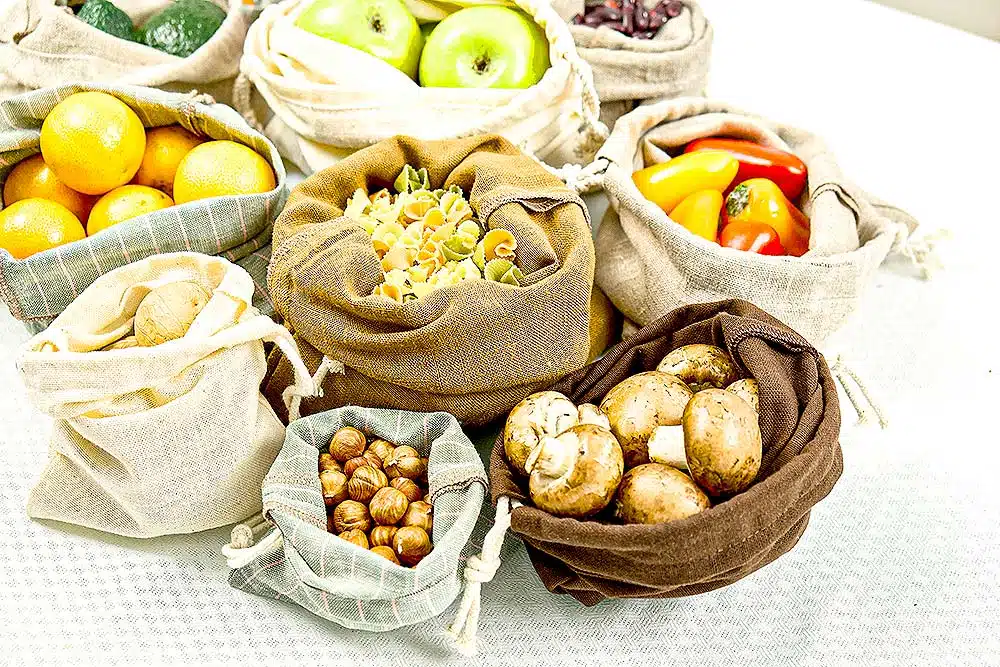This post is also available in: ![]() Deutsch
Deutsch ![]() Français
Français
In 1986, the journalist and sociologist Carlo Petrini founded an organisation in the Piedmontese town of Bra to promote food culture. Today, the Slow Food movement is active in over 170 countries. It stands for the preservation of local cuisine and native agriculture, as well as for biodiversity and traditional produce. In Luxembourg, there are two Slow Food groups: Slow Food Luxembourg and Slow Food Grand-Duché. Both Slow Food organisations in Luxembourg call themselves a convivium – a convivial gathering. If you ask Sylvie Ferrari, president of the francophone Slow Food Grand-Duché convivium, what happens at one of these convivial get-togethers, you will quickly discover that Slow Food is about far more than simply taking pleasure in eating slowly.
Nowadays, the focus is much more on sustainability and how each member of Slow Food can become part of their local community, while also joining forces internationally, to create new behavioural patterns and set a new pace on a global scale.
Slow Food Grand-Duché has over one hundred, cosmopolitan food fans who are committed to sustainability and a brighter future. Sylvie Ferrari can envisage having two hundred members in her Luxembourgish Slow Food convivium. “But no more than that, since the idea is that everybody should still know each other personally”. The fact that nine Slow Food Grand-Duché committee members represent six nationalities underlines just how international the movement is in Luxembourg.
SLOW FOOD & EDUCATION
In step with the rapid change in our global world, Slow Food is continually evolving. The red snail, symbol of the move- ment, still stands for a moderate pace of life. It is, above all, a symbol for worldwide rights to good, clean, and fair food. “Eating and enjoyment can be reconciled with biocultural engagement,” says Sylvie Ferrari. One simply has to think in small steps. Slow Food does not claim to save the world, but to promote a healthier, more sustainable lifestyle.
The non-profit Slow Food Grand-Duché offers a model for how this might be achieved. Active in Luxembourg since 2013, it holds regular tasting-workshops, especially aimed at pre-school and school children. Practicing mindfulness and refining one’s taste buds cannot start early enough. The Youth Slow Food group is particularly important for Sylvie Ferrari.
For example, Slow Food Luxembourgish Youth have organised a “World Disco Soup Day”, and Slow Food Grand-Duché have prepared delicious hummus-broccoli sandwiches with the kids in an international school “Over the Rainbow” and showed how delicious apple purée made from old Luxemburgish apple varieties can be.
SLOW FOOD & CONCERT
Since 2015, Slow Food Grand-Duché has been working with the Philharmonie Luxembourg and has been organising regular “Lunch Concerts.” In these, the participants watch a thirty-minute open rehearsal of the Orchestre Philharmonique du Luxembourg or listen to a concert with guest musicians. Afterwards, everybody eats lunch together, in tune with the idea of Slow Food conviviality. A feast for all senses, at which one savours music while reflecting on the importance of biodiversity and seasonal produce. The produce comes, as far as possible, from producers in the Greater Region.
TERRA MADRE
Terra Madre, a network established by Slow Food, supports small farmers, breeders, fishers, and cooks worldwide in the protection of the environment and preservation of traditionally sustainable ways of life.
In a period of thirty years, Slow Food has promoted the maintenance of a regional diversity of flavours. Over the years, it has been a major factor in shaping trends that for many of us consumers have since become standard. Sylvie Ferrari says: “You could say Slow Food is avant-garde. After all, we were pioneers in many respects: mindfulness, urban gardening, minimalism, sharing economy, sustain- ability and last but not least, something that is becoming more and more important for us all: slowing down in order to prepare a sustainable future where food is a bridge between human beings and biodiversity”.
More information : www.slowfoodgrand-duche.com




